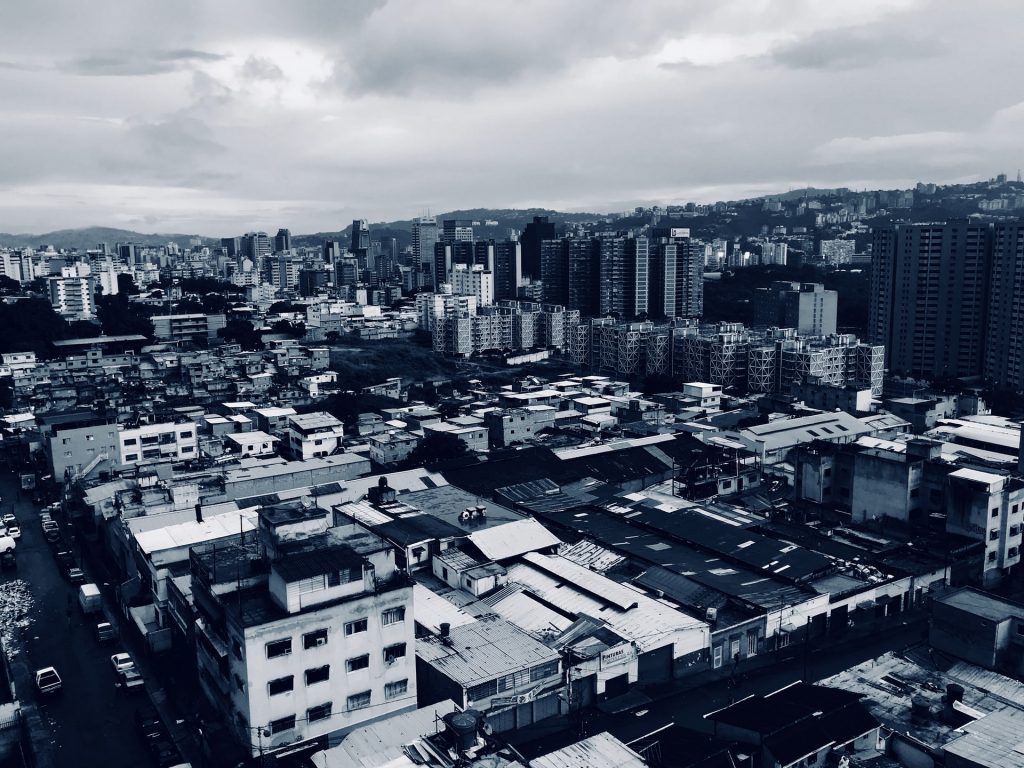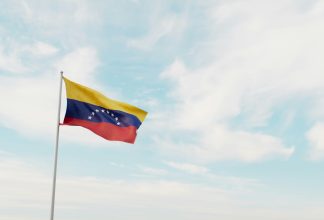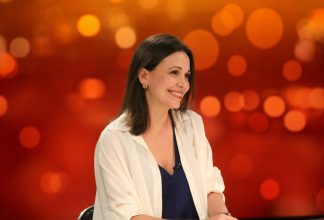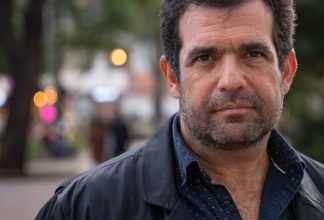Voices from Venezuela: “Venezuelans shouldn’t get used to an authoritarian regime”

During the year, we have interviewed a number of Venezuelan human rights defenders who each play a central role in the struggle for a new and democratic Venezuela. In a series of letters, three of them tell their side of the story to the outside world. This letter is from Mario D’Andrea.
The letter is based on an interview with Mario D ’Andrea, lawyer at Defiende Venezuela, an organisation dedicated to reporting human rights violations committed in Venezuela before international protection systems.
The rule of law is becoming increasingly undermined in Venezuela. During the pandemic, we have shown how the judicial system is allowing executive’s excesses: a problem that has led to an increase in more and new arbitrariness and abuses of power in the country.
Since Venezuela declared a state of alarm by decree on 13 March 2020, the regime has used various tactics to bypass the constitution and thus keep the strict quarantine in force. These mechanisms, which have been used since 2016 when the state of economic emergency was declared in Venezuela, consist of a succession of unconstitutional decrees (four in total) outside the maximum limit of 30 days and extension pursuant to article 338 of the constitution.
Similarly, legal flaws have led to increased abuse of power by security agents, as they consider breaches of quarantine regulations as criminal offenses. They thereby ignored article 483 of the Penal Code, which indicates that this conduct is a misdemeanour where the arrest “in flagrante delicto” does not apply. Due to this situation, in our report “Human Rights of Youth in Venezuela in the Context of Covid-19” we revealed a worrying increase in arbitrary detentions during the pandemic, as authorities repress and limit the personal freedom of citizens who simply do not wear face masks or walk outside after curfew; additionally, they use degrading behaviours, such as physical activities and long walks in military style, as forms of punishment.
Parallel to this, the country’s political crisis persists and deepens. This is worrying because we live in a moment of uncertainty, where Venezuelans must decide whether we are going to vote or not in the upcoming (unfair) elections on 6 December. In these elections, 27 opposition parties have already announced that they will not participate as part of their strategy to tackle electoral fraud. A daring manoeuvre, but which, in my opinion, does not give a substantive answer, but rather strengthens the current regime that ultimately will have free rein to shape the legal system to its liking without being held accountable by an independent parliament.
In light of this, at Defiende Venezuela we have revised our strategy to protect human rights. Due to the paralysis of the judicial system, we have been presenting obstacles in international litigation. For example, on different occasions, we have been unable to complain on an international level, because we cannot comply with the requirement of exhaustion of domestic remedies in our country. Thus, our work during the pandemic has mainly focused on accompanying victims whose legal processes are already underway, creating forums about human rights, and introduce amicus curiae to the Inter-American Court of Human Rights and the constitutional courts of the region.
As a human rights defender, I am encouraged to continue my work because I want to be part of a new Venezuela. We cannot get used to this authoritarian regime that rules us, which continues to bypass our laws and constitution. It is up to us to work together to create strategies that lead to political change in Venezuela and tackle structural failures in our country. Finally, from the civil society, we call on political actors and international organisations to promote peaceful and effective solutions, and to confront the people that remain in power despite being tied to criminal actions.


